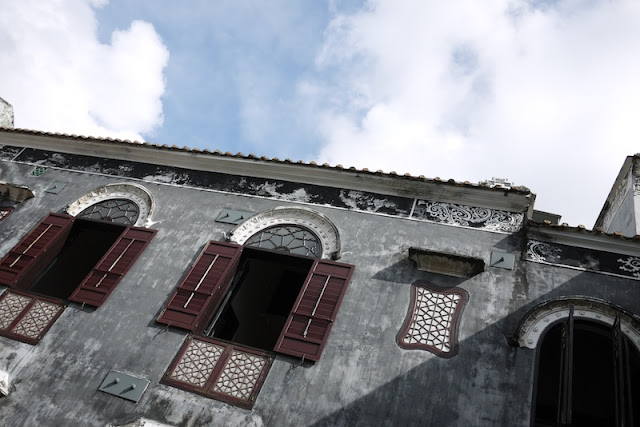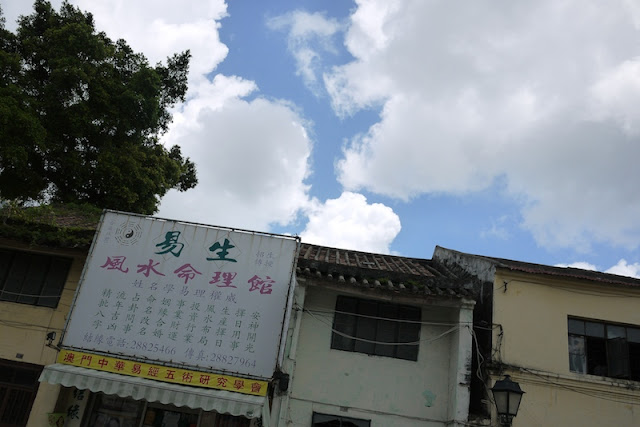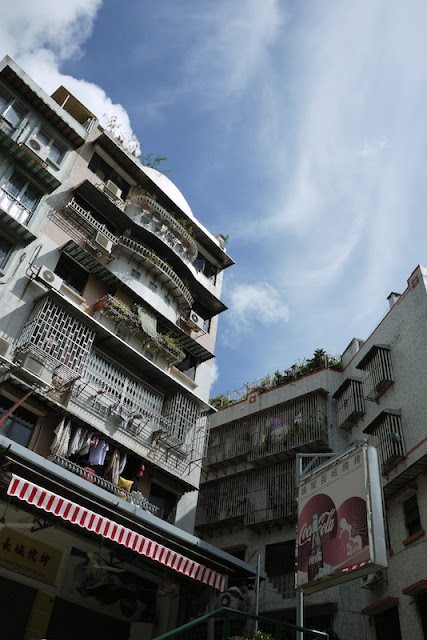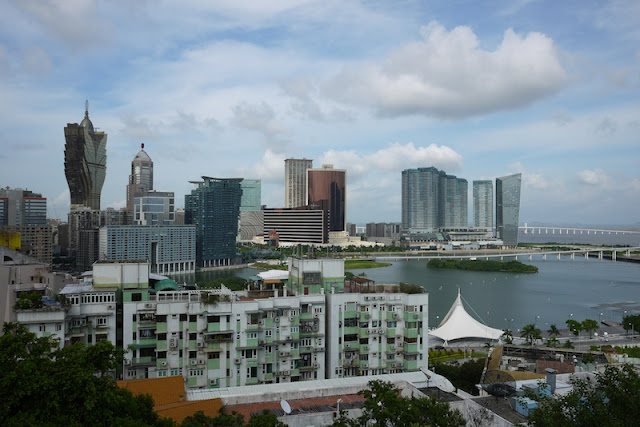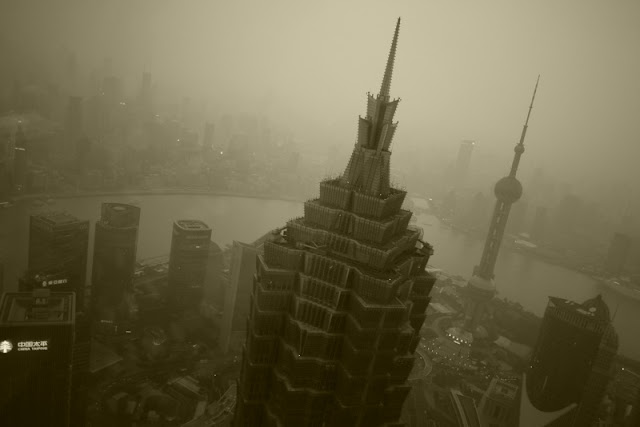In a Bloomberg article about a new law in China requiring adult children to visit their parents, Adam Minter provided a picture of the challenges China faces in caring for its growing elderly population:
The possibility of something detrimental to public health having a potential benefit of sorts is reminiscent of research indicating that there could be a financial benefit to not preventing smoking or obesity. Due to people living longer and facing other health issues, preventing smoking or obesity could increase the overall amount of money spent on health care. For examples of this research, see articles in the The New England Journal of Medicine here and PLOS Medicine here (though also worth pointing out that increased health care costs due to people not smoking may be offset by gains in productivity).
Of course, just because something has a benefit doesn't mean it is "good". It can depend on one's perspective. As the authors of the article in the The New England Journal of Medicine noted:
I doubt most people in China would see it that way, though. Growing old without support may not be part of the "Chinese Dream", but neither is dying from pollution.
In 2012, Zhu Yong, deputy director of the Chinese government’s National Committee on Aging, told a Beijing conference on pension reform that in 2013 the number of Chinese over age 60 would exceed 200 million; it would peak in 2050 at 483 million.And in the The New York Times Edward Wong reported on research indicating that air pollution is shortening people's lives in China:
In China’s traditional agrarian culture, those aging relatives would live with, and be supported by, their children. But the country’s modernizing economy means children are moving far from their parents to work. Moreover, thanks in large part to population-control policies, Zhu estimates that China’s workforce will shrink to 713 million by 2050, down 24.2 percent from 2011, leaving fewer children to support aging parents. This demographic crunch is creating something relatively new in China: empty-nesters.
Southern Chinese on average have lived at least five years longer than their northern counterparts in recent decades because of the destructive health effects of pollution from the widespread use of coal in the north, according to a study released Monday by a prominent American science journal...Each of these articles raises plenty of issues and questions on its own. But together they raise a particular set of questions. Is pollution slowing down the rate at which China's population ages? If so, will pollution reduce the severity of future challenges China faces in caring for its older citizens?
The results provide a new assessment of the enormous cost of China’s environmental degradation, which in the north is partly a result of the emissions of deadly pollutants from coal-driven energy generation. The researchers project that the 500 million Chinese who live north of the Huai River will lose 2.5 billion years of life expectancy because of outdoor air pollution...
“This adds to the growing mountain of evidence of the heavy cost of China’s pollution,” said Alex L. Wang, a law professor at the University of California, Los Angeles, who studies Chinese environmental policies. “Other studies have shown significant near-term harms, in the form of illness, lost work days and even risks to children beginning in utero. This study suggests that the long-term harms of coal pollution might be worse than we thought.”
The possibility of something detrimental to public health having a potential benefit of sorts is reminiscent of research indicating that there could be a financial benefit to not preventing smoking or obesity. Due to people living longer and facing other health issues, preventing smoking or obesity could increase the overall amount of money spent on health care. For examples of this research, see articles in the The New England Journal of Medicine here and PLOS Medicine here (though also worth pointing out that increased health care costs due to people not smoking may be offset by gains in productivity).
Of course, just because something has a benefit doesn't mean it is "good". It can depend on one's perspective. As the authors of the article in the The New England Journal of Medicine noted:
... we believe that in formulating public health policy, whether or not smokers impose a net financial burden ought to be of very limited importance. Public health policy is concerned with health. Smoking is a major health hazard, so the objective of a policy on smoking should be simple and clear: smoking should be discouraged.In a similar sense, I don't expect China to encourage the production of air pollution. But for someone making cold calculations, air pollution may have a "silver lining" if it slows down the rate at which China's population ages.
I doubt most people in China would see it that way, though. Growing old without support may not be part of the "Chinese Dream", but neither is dying from pollution.




